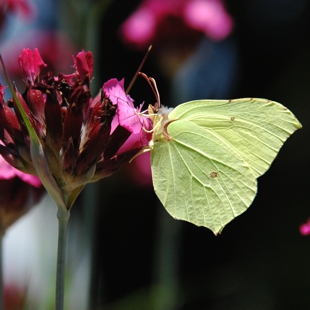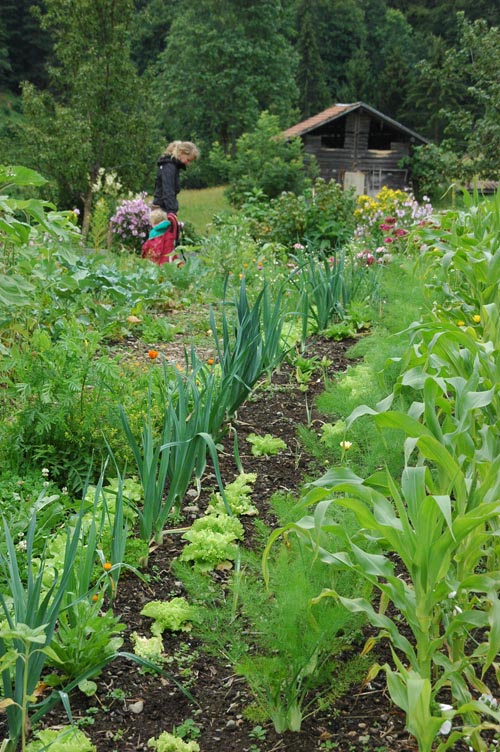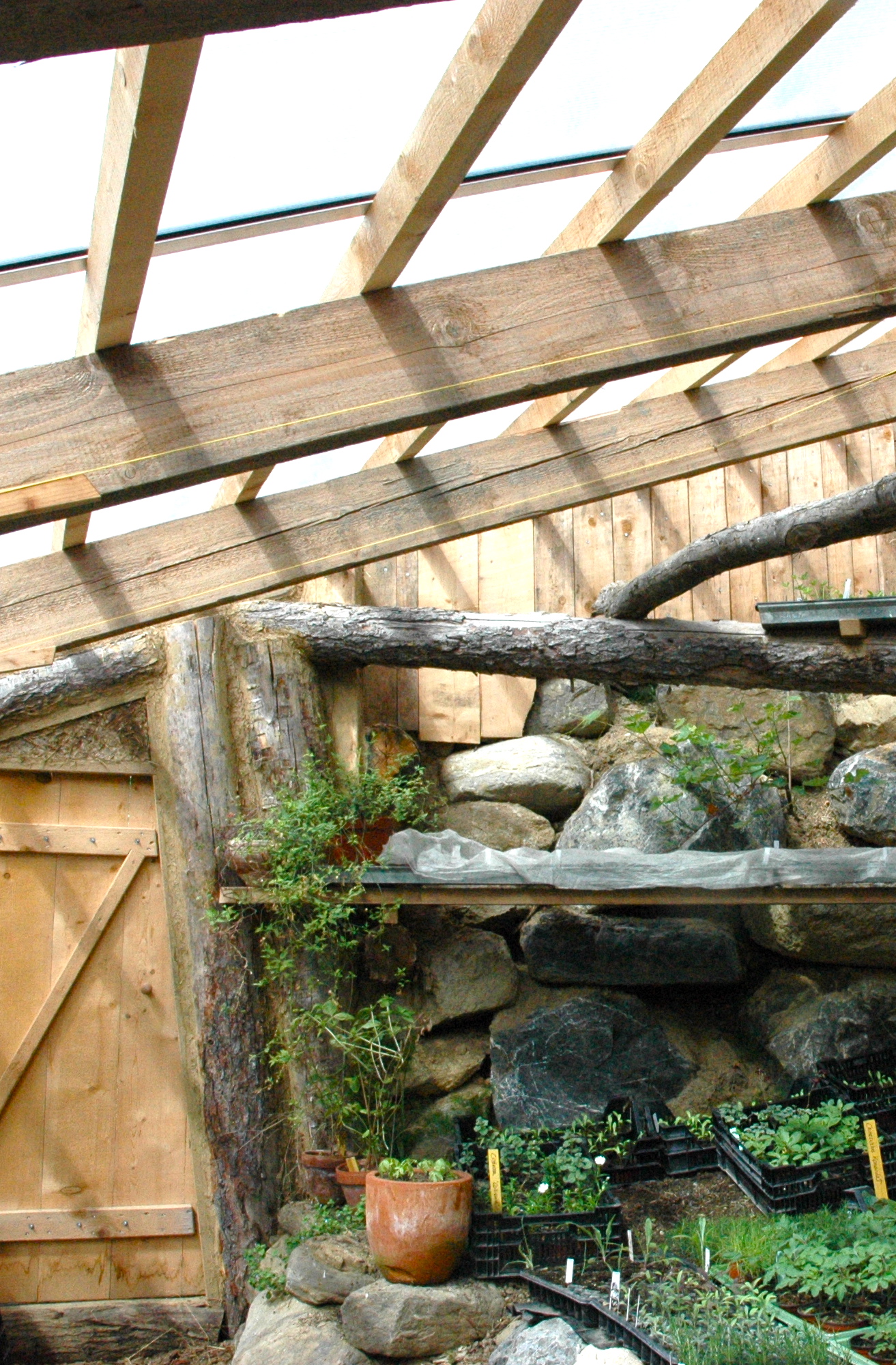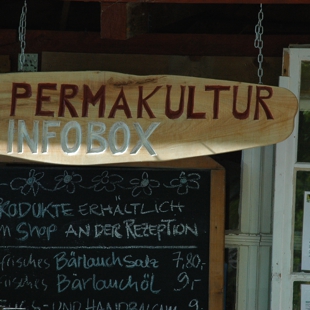Permaculture
Permaculture emphasizes the sustainability and cooperative support in all processes of life. This begins with the development of symbiotic plant communities and includes all life cycles in nature. Going further, permaculture includes sustainable energy procurement, sustainable building construction, and sustainable community development. The project Alpine Permaculture is embedded in the living network of the Schweibenalp community and is part of the Center of Unity Schweibenalp.
Integral Development as understood under the Principles of Permaculture:
- Permaculture strengthens the natural sequences and includes the entire existing ecosystem in all stages of planning and development: a plant develops its fullest potential when it is neighboured with other plants and animals that nourish it, protect it, and contribute to its general health. Through an optimal living space the plant in question grows strong, and productive.
- Permaculture appraises biological diversity and combines targeted promotion of useful plants, insects or small animals to replace conventional chemical pest management.
- Cyclical economy of natural resources holds first place which requires a top priority of quality humus management.
- Permaculture builds local economic relationships for purchases and sales.
- Permaculture expands biological agriculture methods. There is no monoculture, and as in the natural world the zones with the highest diversity achieve the greatest production.
- Permaculture anchors social justice with need-oriented working conditions for human beings as a founding factor
- Permaculture integrates traditional- old mountain farming wisdom with current, modern knowledge and develops local jobs in mountains and villages.
In permaculture, ethical considerations play a major role. The ethical basis of permaculture are:
- Earth Care: Respect for the land and nature and their needs
- People Care: Respect for human beings and their needs
- Fair Share: Fair distribution of yields and limitation of consumption
In permaculture cooperation is the basis for survival and development. The main goal of permaculture is to recognize responsiblity for our own existence now and for our responsibility to future generations.
Therefore, the task of a permaculture designer is to develop a system that can store the necessary energy for as long as it takes all life and elements in a given system to renew. This requires beneficiary service for the earth, and all humans; with the distribution of naturally ensuing excesses, and setting of limitations in terms of use.
The problem provides the solution:
- We are the problem, and we are the solution. Permaculture focuses limitations as resources for new ideas.
Observation:
- Lengthy and attentive observation of natural systems and their given design are basis of development and save the energy of lengthy, thoughtless work.
Multifunctionality:
- Each and every element in a system should fill at least 3 different functions. A pond can bring coolness, invite ducks, be home to fish and water plants and so enrich a living space. Additionally, it catches rain water, which is necessary for irrigation, fire prevention or eventually household needs.
Development (Succession):
- Certain elements provide the basis for others. For example: The first step to establish a food forest is humus development by green manure, then step by step perennials are introduced into the system.
- Working with natural succession develops long-term thinking in natural cycles.




